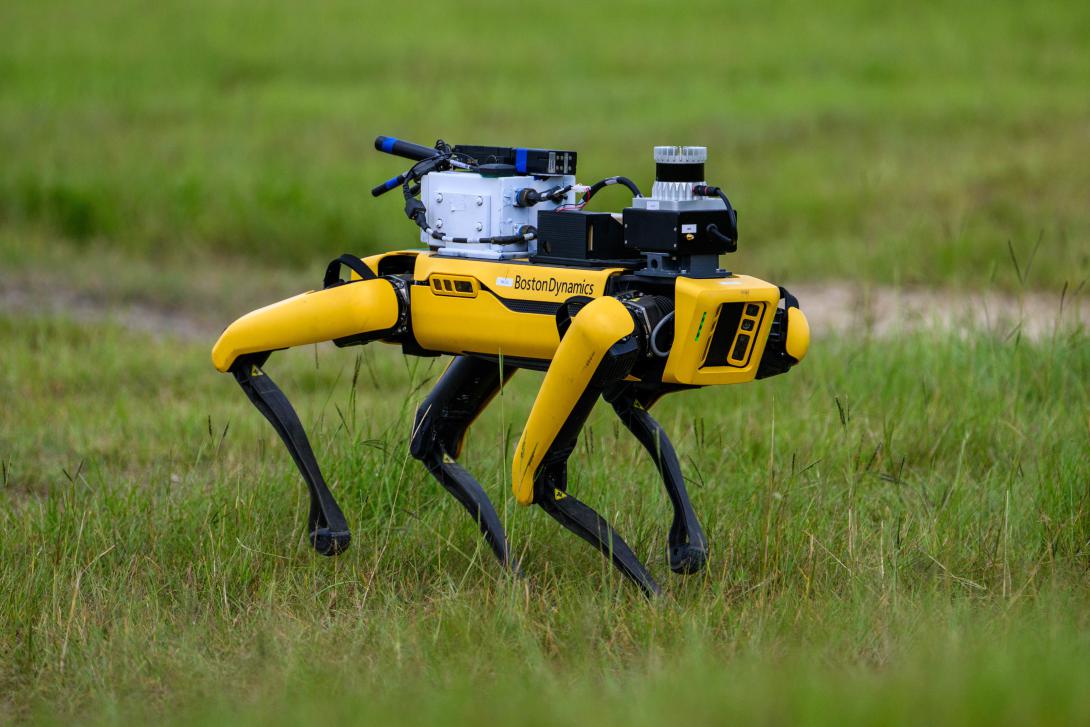Estados Unidos se enfrenta a un “momento del Proyecto Manhattan” en inteligencia artificial (IA). A medida que sus científicos desarrollan capacidades militares, los adversarios ven su poder y tratan de mantenerse al día. “En términos de impacto, la inteligencia artificial será similar al armamento nuclear”, dijo Alexandr Wang, director ejecutivo de ScaleAI, un desarrollador de software.
It seems that the U.S. faces a “Manhattan Project moment” in artificial intelligence (AI). As its scientists develop military capabilities adversaries see its power and seek to keep up. “In terms of impact, artificial intelligence going to be similar to nuclear weaponry,” said Alexandr Wang, CEO of ScaleAI, a software developer.
Wang and two other experts testified at a hearing before the House Armed Services Committee.
A greater conflict between freedom and authoritarianism sees AI as its main battle ground, according to Wang. “The country that is able to most rapidly and effectively integrate new technology into warfighting wins,” Wang told lawmakers.
The West faces four primary risks from China as the most advanced dictatorship leveraging artificial intelligence for internal suppression of its population as well as power projection through its armed forces.
Expenditure is China’s main advantage right now. “This year, [China is] on track to spend roughly three times the U.S. government on AI, the [People’s Liberation Army] is also heavily investing in AI-enabled autonomous drone swarms, radar systems, autonomous vehicles and China’s launched over 79 large language models since 2020,” Wang said.
Misinformation and influence on democratic processes is something that, as Beijing acquires further capabilities, will provide further leverage over open societies with free information flows as deep fakes are expected to stir dissent and further divide the West. “Generative AIs will soon pour gas on these fires,” said Klon Kitchen, managing director and global technology policy practice lead at Beacon Global Strategies, an advisory firm.
A slow acquisition process is another risk for the U.S., as old ways should be updated to the digital age. “One of the challenges that we also see over there is a long process of evaluation, which if we have standard procedure in place, these types of evaluations, as long as they’re standardized, they can go much faster,” said Haniyeh Mahmoudian, global AI ethicist at DataRobot, a software developer.
Open data from the West is another risk, to feed models that could potentially be used or repurposed for defense. Data purchases of key sets should have a strict follow up, according to one witness. “Their acquisition through purchase of American data through large data stores,” Kitchen said. The expert warned about data coming from corporate purchases and applications like TikTok.
On the other hand, the Asian country faces a West that has worked to stop its ascent to AI supremacy. The experts cited four key facto
Fuente: https://www.afcea.org


